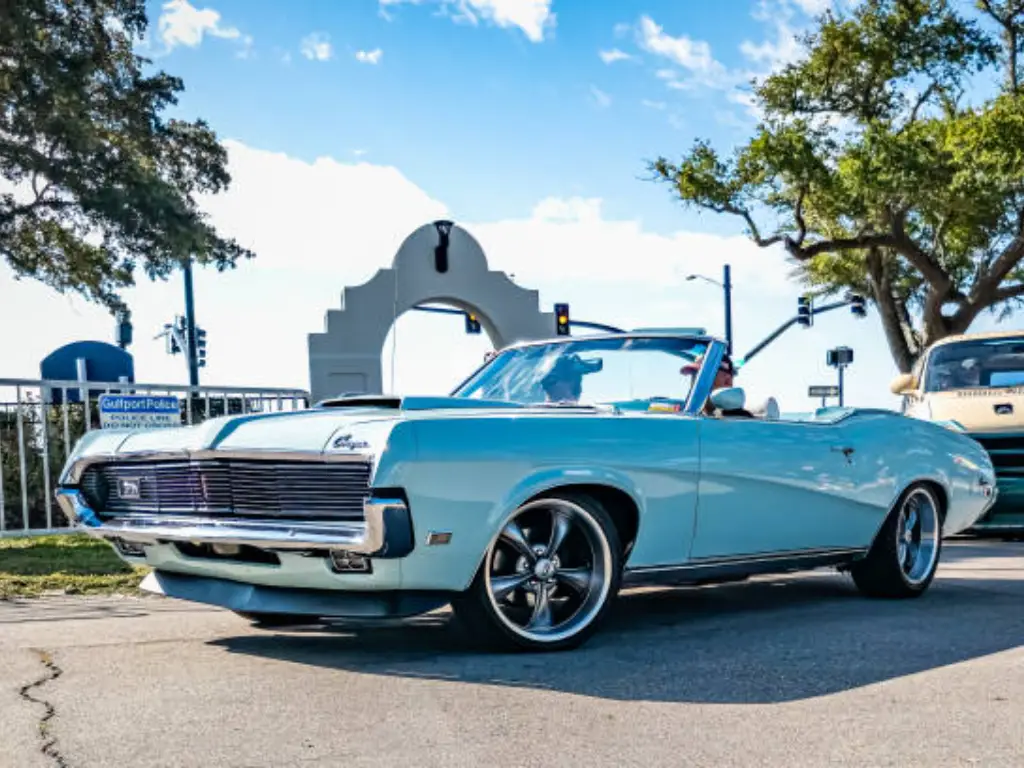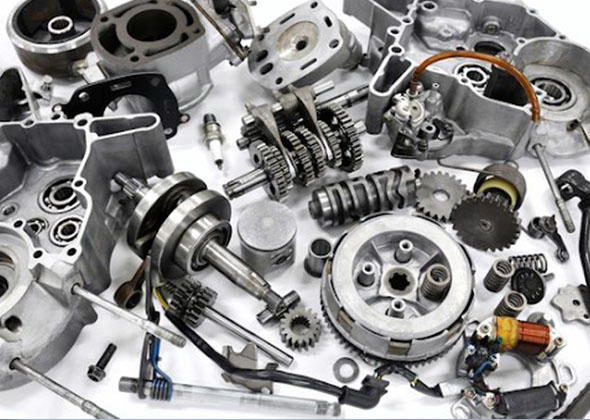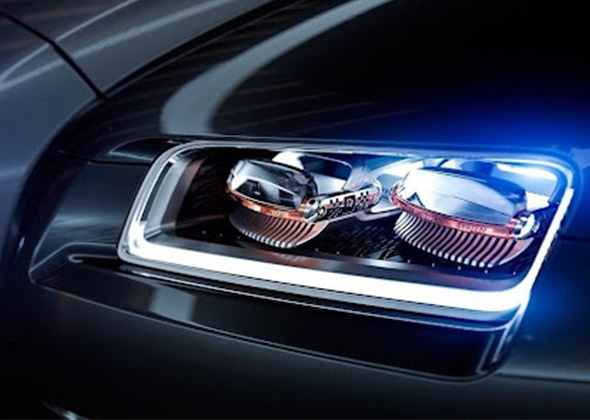When adding a personalized feel and creating the vehicle unique, car owners know that installing a body kit is the way to go. Perhaps they are thinking about beginning small with a rear wing or front air dam or going all out with side skirts and a bespoke hood as well.
The sort of material you wish to use is the first selection they have to make. Fiberglass, polyurethane, ABS plastic, carbon fiber, and composite parts are available for car body kits. Some companies specialize in one or two varieties, while others cater to a wide range of needs. We’ll explore the features of each of these elements, as well as some examples of each, in this post to help you make a better-informed decision.
Polyurethane body kits
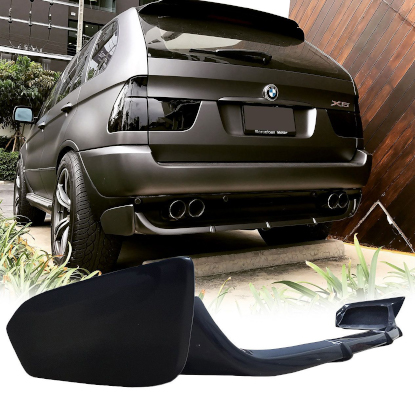
Polyurethane Features
Polyurethane (often referred to as “urethane”) is a common material for body kit components. The fit and quality as provided are usually superior to fiberglass. Polyurethane is far more malleable than fiberglass, making it far more resilient and simple to install.
Pros
A polyurethane item can be “coaxed” into place throughout installation without risk of breaking, and the finished product will flex rather than shatter apart in reaction to slight impacts. It is a strong and durable material as compared to others used for car body kits.
Cons
Polyurethane is more complex and costly to manufacture, hence items constructed of it are more costly to acquire. Because polyurethane is bulkier than fiberglass, it is not the greatest option for racing if reduced weight is a top priority. While the final surface of polyurethane components is often finer and more than that of fiberglass, more careful preparation is required to ensure that paint adheres properly and does not peel or flake off.
Fiberglass car body kits
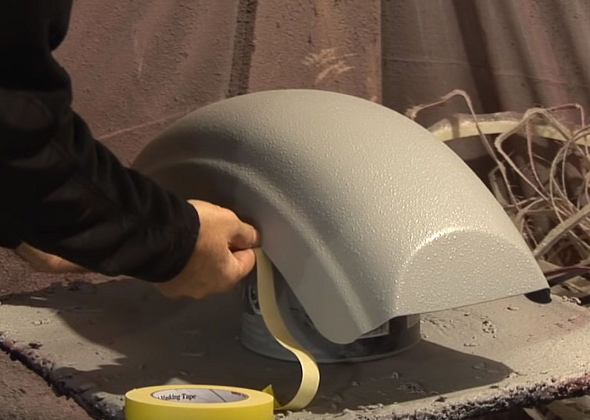
Fiberglass Features
Fiberglass is made up of glass fibers that have been reinforced with a polymer such as epoxy, vinyl ester, or polyester. Fiberglass car body kits are simple to manufacture and affordable to purchase, but their build quality may not be as good as polyurethane or ABS plastic components.
Pros
Fiberglass offers a lot of advantages:
- It is lightweight
- It doesn’t distort when the temperature changes
- It’s easy to paint
- Relatively low cost of fiberglass materials
Cons
The stiffness of fiberglass is a disadvantage. Because of the lack of flexibility, assembly is more difficult, and the completed product is more susceptible to cracking and breakage. Cars can end up with a broken or shattered fiberglass part if the car don’t approach angled roads and parking lot obstacles with caution. In the same environment, a polyurethane part, on the other hand, can bend enough to avoid harm.
Polyurethane vs Fiberglass
Because fiberglass pieces have a coarser texture when they get out of the cast, the end consumer will almost certainly need to do extra finishing work during fitting to ensure that everything looks perfect, unlike polyurethane material which gives a smooth finish. A polyurethane car body kit is also more flexible than fiberglass.
Even if car parts are properly installed and driven with extreme caution, fiberglass is subject to breaking due to unanticipated road dangers and debris. As previously stated, the relatively low cost of fiberglass materials allows for the production of low-quality, inexpensively produced parts. We’ve chosen body kits from Sunway Autoparts, one of the fiberglass car body kits manufacturers, with a track record of customer satisfaction, so the fiberglass parts you’ll find on their site fit and finish better, and the finished product looks better on the vehicle.
ABS Plastic Body Kits
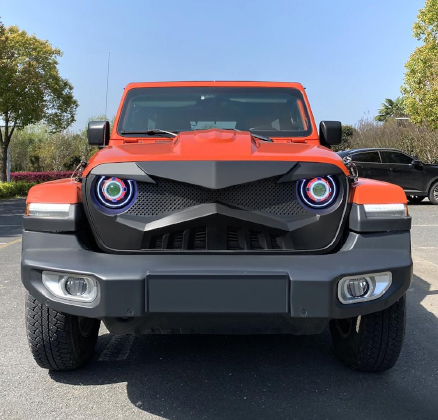
ABS Plastic Features
ABS plastic is a thermoplastic combination that blends the toughness of polybutadiene rubber with the strength and durability of acrylonitrile and styrene polymers. It is commonly used by automotive producers as original parts for trim, bumper covers, as well as a few body panels because it is corrosion and heat resistant and gives good dents resistance.
Pros
- It has a better fit and finish than fiberglass.
- Its strength and durability are commendable
Cons
ABS plastic body kits, like polyurethane, are costlier and heavier than fiberglass.
Carbon Fiber Auto Body Parts

Carbon Fiber Features
Carbon Fiber is a polymer-like resin reinforced with real carbon fibers. Those carbon fibers are made up of carbon atoms bound together in nanocrystals that align along the fiber’s long axis, resulting in an extremely strong final product for its weight and size. Carbon fiber gets its characteristic appearance because the fibers are knitted into the polymer, as you might expect.
Carbon fiber car kits are incredibly lightweight and durable, making them perfect for racing or any purpose where strength is required without the weight difference associated with metal.
Pros
Carbon fiber parts are prized for their aesthetics and high-performance reputation. They are incredibly light in weight without compromising on the durability or strength of the body kit.
Cons
Carbon fiber has a considerable disadvantage in terms of cost of production when compared to alternative body kit materials.
Higher pricing, on the other hand, does not really have to be a significant impediment if you opt to mix and match your parts. You can consult car body parts manufacturers to help you out with the proper mix of your parts.
ABS Plastic vs Carbon Fiber
Carbon Fiber is much stronger than ABS plastic because of its tensile strength. The performance of carbon fiber-made car components is better in cold temperatures because of their resistance to low temperatures. Carbon composites are more rigid than ABS plastic which increases the durability of carbon fiber auto parts. The price of ABS Plastic is an advantage that one can use to manufacture a good-quality car body kit at a low price.
Polypropylene Body Kits
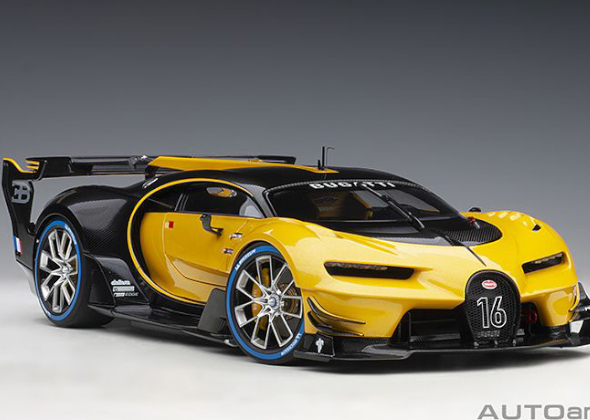
Polypropylene Features
Polypropylene is one of the most used materials in the automobile industry. It can be easily molded into practically any shape because it is a thermoplastic polymer. It possesses high chemical and heat tolerance. It is impact-resistant as well. It is often found in car bumpers, propane tanks, and the carpet fibers of a car’s interior flooring, given its long history.
Pros
It’s a less expensive alternative to ABS plastics with equivalent strength and durability, lowering manufacturing costs. It is also chemical resistant to many chemical solvents, making it a widely used material in car body kits.
Cons
Even though it is a tough material, it cannot compete with the tensile strength of carbon fiber and polyurethane.
Conclusion
Ensure that the business you choose to build your body kit elements has experience working with these materials. Just because a company is well-known for exceptional car body repair doesn’t guarantee it has the experience and refinement needed to fine-tune the fit and polish of these parts.
Naturally, checking with whoever will be executing the work before making a purchase is crucial, because the ultimate results will only be as excellent as the accuracy of the installation, irrespective of the body kit material you select. Taking time to choose the correct kit and the right business will result in the magnificent and one-of-a-kind finished product you deserve.

